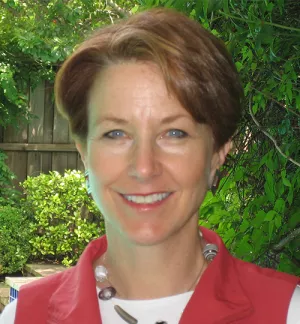Abstract
Nuclear forensics and attribution are the new "deterrence" concepts against illicit use of fissile material. Although the science is being developed, the required systems of policies and processes have not been fully analyzed. This paper attempts to show how nuclear attribution can advance from theory to practice by establishing multilaterally coordinated policies and procedures and by replicating systems that have worked in other disciplines.
FOREWORD
By Graham Allison
On the bottom-line question of whether a successful nuclear terrorist attack is more or less likely than it was when President George W. Bush entered office, the congressionally established Commission on the Prevention of WMD Proliferation and Terrorism offered a unanimous judgment in December 2008: "Our margin of safety is shrinking, not growing. "As President Obama stated at last April's Global Nuclear Security Summit, nuclear terrorism is "the single biggest threat to U.S. security, short term, medium term and long term."1
Terrorists have no return address. But states do. And states have the nuclear material terrorists need to make a mushroom cloud. The international community's best hope of preventing nuclear terrorism is to deny terrorists the means to achieve their deadliest aspirations. Here, happily, physics is on our side: no HEU or plutonium, no explosion, no nuclear terrorism. The big strategic question thus becomes: Could assured accountability for terrorist use of a nuclear weapon deter leaders from allowing weapons or weapons-usable material to fall into terrorists' hands?
I believe the answer is "yes." The key to a twenty-first-century deterrent is developing a capability to identify the "fingerprints" (contaminants and other markers) of the nuclear weapon or material from which it was constructed. After a terrorist nuclear event, or the seizure of material on the black market, governments must be able to backtrack to the source of the fissile material or the bomb.
Holding nations accountable for their fissile material offers the best prospect available to ensure the world's most dangerous weapons and materials do not fall into the deadliest hands. A doctrine of nuclear accountability would mean any state found to have knowingly allowed terrorists to acquire nuclear weapons or materials would face consequences: from financial reparations to military retaliation. Such a system would put fear in the minds of potential proliferators and could cause countries to ensure that their nuclear weapons and materials are locked down to a "gold standard."
Nuclear accountability would be assisted by the establishment of an international depository or a library of nuclear samples. If a nuclear explosion were to occur, such a library could be used to increase the reliability and accuracy in tracking the material from that bomb to its original source. If nuclear weapons or materials should be stolen, states that had satisfied the requirements for assured nuclear security, met the established gold standard for securing their materials and made their safeguards sufficiently transparent to the international community would be judged less culpable. A state that was unwilling to take such steps would put itself on the list of suspect sources of a terrorist nuclear bomb.
Many questions arise about the feasibility of such a system. One key question: What incentive does a state have to classify and catalogue its unique nuclear material if that same material could potentially lead to a state's culpability in the event of an attack?
By assembling one of the most comprehensive reviews of a system of nuclear accountability and science of nuclear forensics, Belfer Center Associate Debra Decker provides an important advance in our understanding of this pressing question. Decker is right to highlight that a new set of policies must now be debated and implemented. As she notes, "A system of attribution needs to be consciously fostered that goes beyond the development of national capabilities and looks at how attribution can be more fully established to foster deterrence. Governments need to begin thinking cooperatively about the much longer term—before the first bomb goes off."
1 Office of the Press Secretary, "Remarks by President Obama and President Zuma of South Africa before Bilateral Meeting," Washington, D.C., April 11, 2010, http://www.whitehouse.gov/the-press-office/remarks-president-obama-and-president-zuma-south-africa-bilateral-meeting.
Decker, Debra. “Before the First Bomb Goes Off: Developing Nuclear Attribution Standards and Policies.” Belfer Center for Science and International Affairs, Harvard Kennedy School, April 2011





